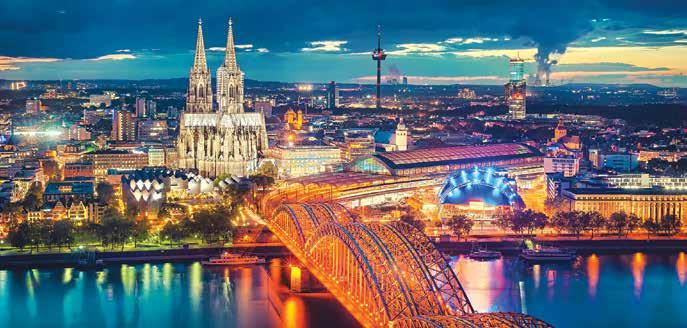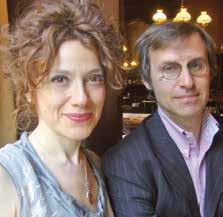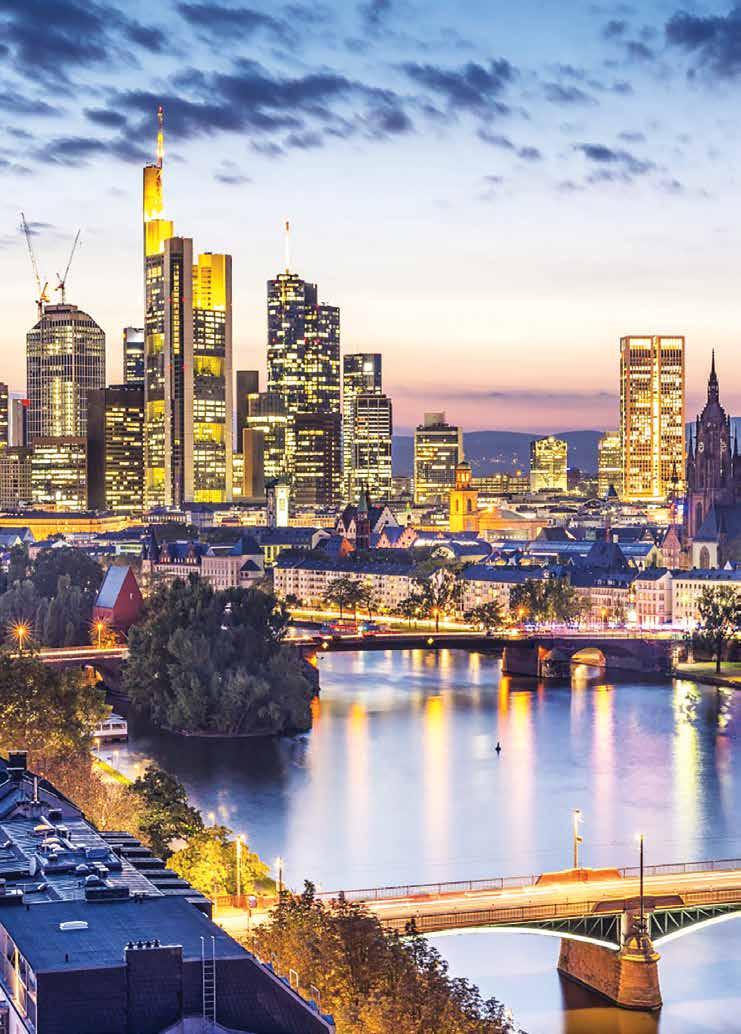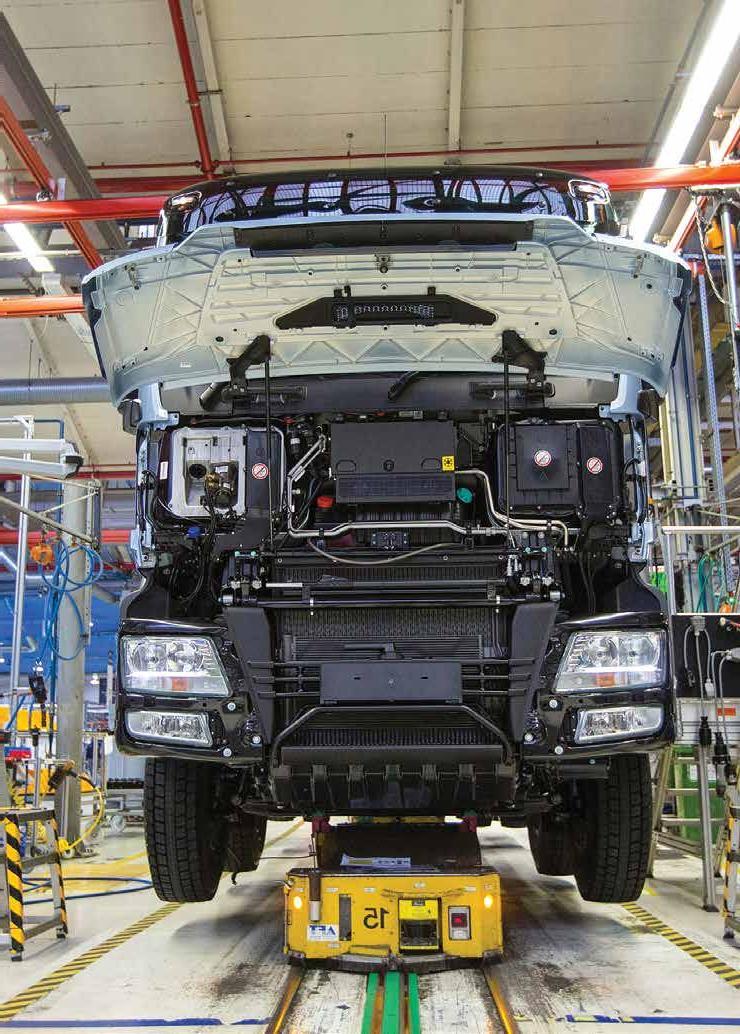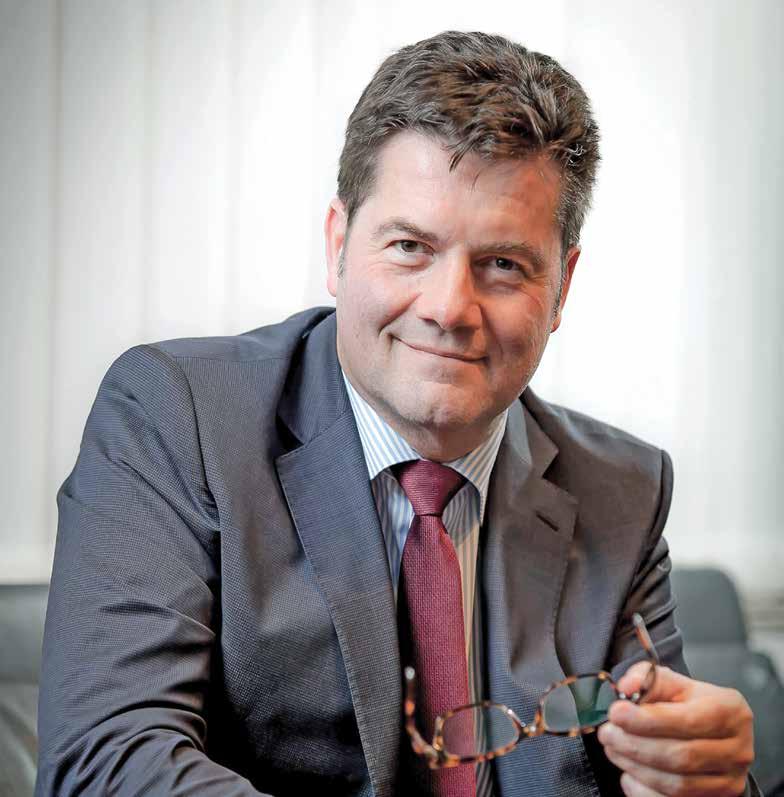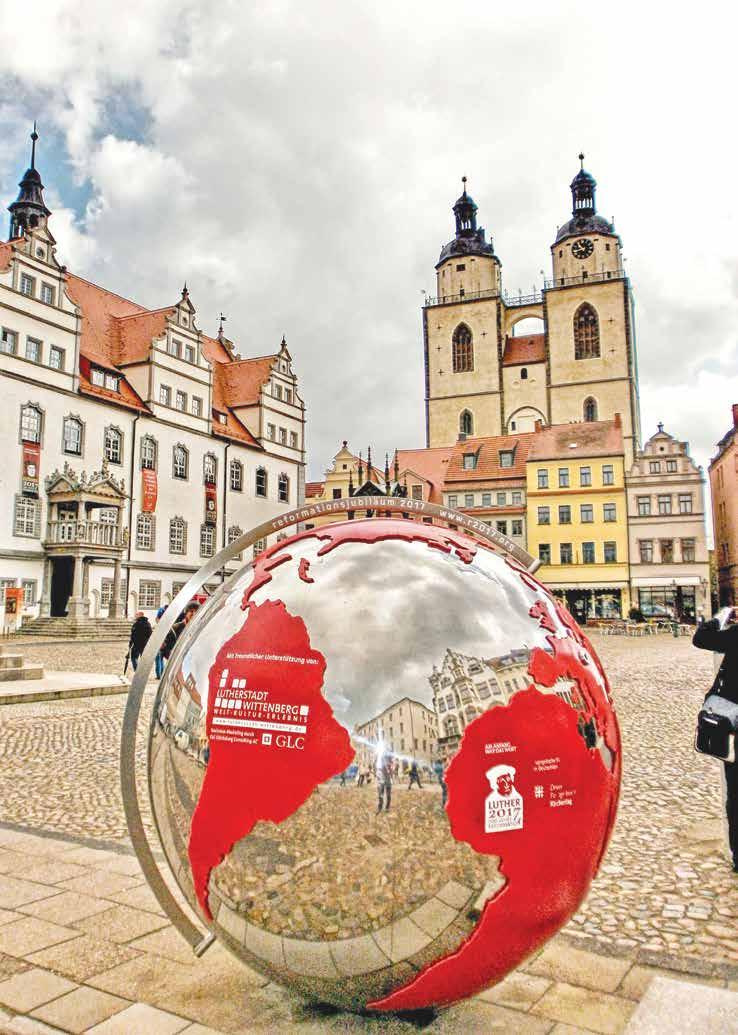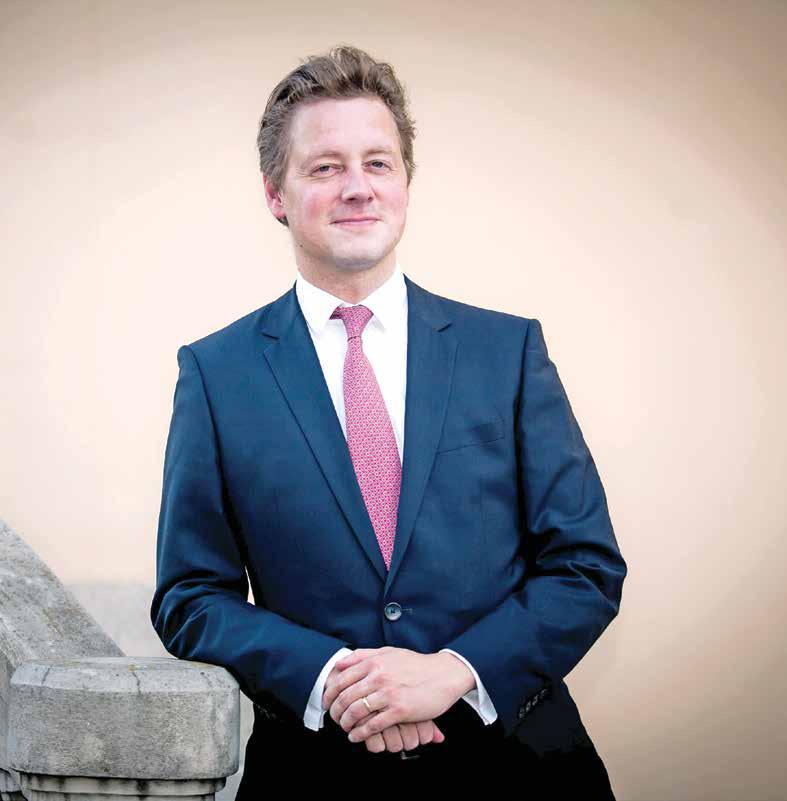
6 minute read
CONSTANT GROWTH OF CROATIAN ECONOMY
LUKA BURILOVIĆ
President of the Croatian Chamber of Commerce
Advertisement
INTERVIEW
CONSTANT GROWTH OF CROATIAN ECONOMY

In 2015, economic growth stood at 2.2%, and last year at 3.0%. This year's growth is expected to remain on the same level
In an interview for Diplomacy & Commerce magazine, President of the Croatian Chamber of Commerce, Luka Barilović says that the most important things for further economic growth are consistency and removing barriers in doing business. This will bring a better business climate, investors and create new jobs.
According to your estimation, how much will the Croatian GDP grow this year, and, generally speaking, how good is this year going to be for the Croatian economy considering various turbulences it went through? ― The GDP data for the Q1 shows that domicile demand did grow during this period, as did the export of goods and services which was more dynamic than in the Q1 of last year. However, this growth is not accompanied by an adequate production increase. The available data for the upcoming period shows that similar trends continued into the Q2. In the first five months of this year, retail recorded a growth that was more dynamic relative to last year's, while the industrial production growth has been considerably slowing down. Additionally and despite the dynamic export growth, the commodity balance shows an even more pronounced hike in import and a higher deficit.
Which direction should the policy makers take in terms of boosting competitiveness of the Croatian economy? ― Innovation is the key factor in the competitiveness of the Republic of Croatia and in other countries which are similar to the Republic of Croatia (small, open economies) which cannot build their competitiveness on economy of volume. Hence, innovation, in such countries, is the driving force behind productivity, higher efficiency, and generating new markets. Investing in research and development should also result in production of new, innovative products and services, or in finding innovative solutions which add value and help
MOST OF OUR REVENUE FROM GERMANY IS GENERATED BY THEIR TOURISTS
companies to position themselves higher up the global value chain thus increasing their competitiveness and export.
Is your proposal to adopt the new format of export assistance and assistance in attracting investments to the satisfaction of the Croatian government? ― Export assistance has been our core business throughout our history. In terms of our cooperation with the government, it would be more accurate to say that our Chamber is coopearing with governments in the best interest and to the benefit of its members.
The Croatian Chamber of Commerce was the first chamber to open its door to regional markets following the war, and promote the importance of export. We have been continously and actively developing services that support export in line with the needs of our business community. Also, we are going to start implementing a new business strategy with strong emphasis on internationalization of the Croatian economy.
the cooperation with various ministries? ― Our Chamber has recently signed a cooperation agreement with the Ministry of Foreign and European Affairs based on which we are going to open our offices in Croatian embassies and general consulates in those countries that are crucial t o our export, thus providing support to our companies in foreign countries. We are going to promote the best interests of the Croatian economy, but also attract a lot of interest from foreign investors. All of this will be done along with cutting back on costs. At the same time, the Ministry of Regional Development and EU F unds is planning to allocate substantial funds to the internationalization process where we expect a significant number of quality projects that will definitely boost the level of utilization of EU funds to be implemented, as well as have a positive effect on export and the economic growth of our country, all of which will be beneficial to our internalization efforts. Croatia is not the best example of how to use EU funds. However, we still have an opportunity to do this. With joint forces, we can still use almost all funds allocated to Croatia in the 2014-2020 budget period. We are talking about the amount of over 10 billion EUR.
What are long-term solutions to some of the biggest challenges like the lack of workforce in tourism and construction despite a relatively high unemployment rate? ― This is a burning issue f or the Croatian economy. We need something to extinguish this fire fast in order for the lack o f workforce not to negatively affect our economic growth.
This is why we are advocating implementation of a more flexible model that would enable companies to hire foreigners as they see fit, i.e. to approve employment of foreign workers in situations where it has been proven that there was no available workforce on the Croatian labour market (the so-called Slovenian model). Along with bilateral seasonal labour agreements with neigbouring countries in order to facilitate employment of foreigners during the season, other short-term proposals and measures that we advocate are legally allowing minors to work after 8pm, and allowing pensioners to work while they continue receiving their pensions.
DUAL EDUCATION IS A LONG-TERM SOLUTION TO LACK OF WORKFORCE
Everybody favours the German dual education model now. How many elements can Croatia 'borrow' from it? ― In practice, both German and Austrian dual education models have proven to be very successful. Thanks to our good, longterm cooperation with our counterparts from the German and Austrian chambers of commerce, we had first established contact and then started to create our own model that is very much alike the aforementioned ones, but it is also different to facilitate the peculiarities of our labour market and in the structure of our economy. The support from the Ministry of Science and Education is the key ingredient in implementing the said model. We have been constantly communicating and cooperating with the Ministry apropos the relevant issues which is why we expect to create concrete benefits both for our members, i.e. the business sector, and for our education system which stands to make a good and modern step forward towards achieving the same or similar effect to that in Austria and Germany.
What do you think of the idea of Germany increasing its spending in other to boost the growth in rest of Europe. What implications would this decision have on Cr oatia? ― Germany is the strongest economy in the European Union. Its 82.8 million inhabitants make 16% of the EU population, and generate around 20.6% of the EU' s GDP. Germany is also one of the top external trade partners of Croatia, i.e. one of the top five countries that we export our goods to, and the most important market for export of our services. In terms of goods' export, Germany often occupies third or fourth place, while, in services' export, it has been occupying the number one place for years. Let me just illustrate to you the importance of German demand for the economic growth in Croatia with the following information – in order for our GDP to grow by just one percent, we need to increase our export to Germany by approximately 55%, as well as our export of services, particularly the tourism ones, by 27%. One of the prerequisites for higher export of our goods and services is higher demand in Germany. Considering that Croatia occupies only 17th place on the list of countries that Germany mostly imports from, and that our share in German import is only 0.14%, this is not a necessary prerequisite. If export our goods did increase by 50%, our share in German import would still be under 0.2% which, from the standpoint of German economy, is rather negligible.
